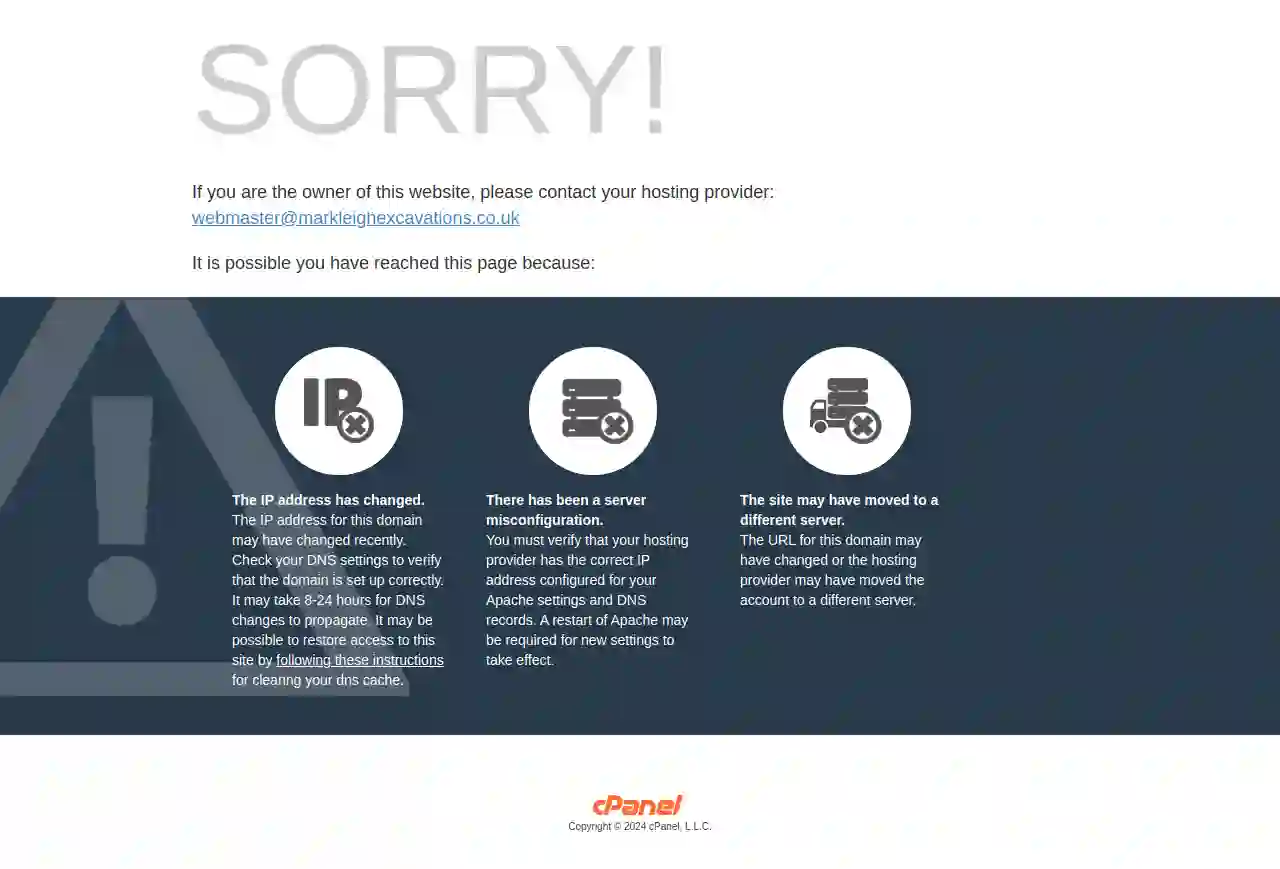Demolition Contractors Standish
Find top Demolition Services in Standish
Get multiple Structure Demolition quotes for your project today! Compare profiles, reviews, accreditations, portfolio, etc... and choose the best service.

Mark Leigh Excavations Ltd
Unit 1, The Maltings, Colchester Road, Colchester, CO7 6DP, GBMarkleigh Excavations: Your Trusted Partner for Excavation Services Markleigh Excavations is a family-run business with over 20 years of experience in the excavation industry. We are committed to providing our clients with high-quality, reliable, and efficient excavation services. Our team of skilled and experienced operators is dedicated to delivering projects on time and within budget. We pride ourselves on our commitment to safety, customer satisfaction, and environmental responsibility. We offer a wide range of excavation services to meet the needs of our clients, including: Site clearance Foundation excavation Drainage installation Road construction Demolition And more! We are equipped with a fleet of modern and well-maintained machinery to handle any project, big or small. We also have a team of experienced engineers and project managers who can provide expert advice and guidance throughout the entire process. At Markleigh Excavations, we believe in building strong relationships with our clients. We are committed to providing excellent customer service and ensuring that our clients are completely satisfied with our work. Contact us today to discuss your excavation needs.
- Services
- Why Us?
Get Quote- AL
ALLAN DAVIES EARTHWORKS LTD
56 reviewsLeigh, GB- Services
- Why Us?
Get Quote - WL
WL Piling
4.714 reviewsLeigh, GB- Services
- Why Us?
Get Quote - La
Lawrence grab & Tipper Hire excavation Groundwork’s Aggregates
4.315 reviewsLeigh, GB- Services
- Why Us?
Get Quote - Ha
Hanchant Construction Ltd
Leigh, GB- Services
- Why Us?
Get Quote
Over 13,059+ Excavation Contractors on our directory
Our excavation companies operate in Standish and beyond!
ExcavationHQ has curated and vetted Top Excavation Businesses in Standish. Find a top & trustworthy contractor today.
Frequently Asked Questions About Demolition Contractors
- Dust Suppression: Use water spraying, misting systems, or other dust suppression techniques to control airborne particles.
- Noise Barriers: Erect temporary noise barriers around the demolition site to reduce noise transmission to nearby properties.
- Work Schedule: Schedule noisy demolition activities during permitted hours to minimize disturbance to neighbors.
- Communication: Keep neighbors informed about the demolition schedule and any potential disruptions.
What is the difference between demolition and deconstruction?
Demolition: Typically involves bringing down a structure quickly and efficiently, often using heavy machinery and potentially explosives. The primary goal is to clear the site.
Deconstruction: Focuses on carefully dismantling a building piece by piece to salvage reusable materials. It prioritizes minimizing waste and environmental impact, often involving manual labor and specialized tools.
The choice between demolition and deconstruction depends on the project's objectives, budget, and environmental considerations.
Do I need a permit for demolition?
How can I minimize the dust and noise from demolition?
How long does a demolition project take?
What is the difference between demolition and deconstruction?
Demolition: Typically involves bringing down a structure quickly and efficiently, often using heavy machinery and potentially explosives. The primary goal is to clear the site.
Deconstruction: Focuses on carefully dismantling a building piece by piece to salvage reusable materials. It prioritizes minimizing waste and environmental impact, often involving manual labor and specialized tools.
The choice between demolition and deconstruction depends on the project's objectives, budget, and environmental considerations.
Do I need a permit for demolition?
How can I minimize the dust and noise from demolition?
- Dust Suppression: Use water spraying, misting systems, or other dust suppression techniques to control airborne particles.
- Noise Barriers: Erect temporary noise barriers around the demolition site to reduce noise transmission to nearby properties.
- Work Schedule: Schedule noisy demolition activities during permitted hours to minimize disturbance to neighbors.
- Communication: Keep neighbors informed about the demolition schedule and any potential disruptions.